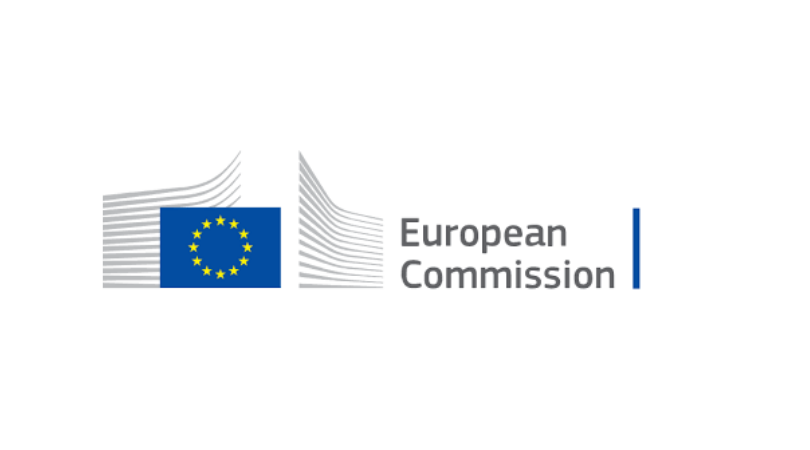In a year in which ESG has tightened its grip upon the investment world, few ETFs launched this year offer investors the opportunity to have a genuine impact.
Often comprising of negative screens and ESG-focused tilts, my favourite ETF launch of 2021 is a product that has an impact focus at its core and pledges to stamp out greenwashing which pervades so much of the industry. that is the Rize ETF Rize Environmental Impact 100 UCITS ETF (LIFE).
Launched in July, LIFE gives investors access to a genuine impact ETF classified as Article 9 under the Sustainable Finance Disclosure Regulation (SFDR).
Tracking the Foxberry SMS Environmental Impact 100 USD Net Total Net Return index, it aims to align with six environmental objectives set out in the European Union’s Taxonomy for Sustainable Activities, comprising of climate change mitigation and adaption, sustainable use and protection of water, transition to a circular economy, pollution prevention and biodiversity protection.
The for me is one of the key benefits of LIFE. The ability to give investors access to a whole range of ESG themes without trying to select themselves, acting as a one-stop shop for exposure to several segments of sustainable industry while making a material impact is a very useful tool for investors.
LIFE offers exposure to many of the thematic megatrends of the moment, including clean water, electric vehicles, renewables and hydrogen, energy efficiency and waste, the circular economy and nature-based solutions, but without holding many of the mega-cap tech stocks beholden to so many ESG ETFs.
In addition, the index has been designed to change over time as the European Commission builds out the complete EU Taxonomy and introduces the rest of SFDR and was developed by Sustainable Market Strategies, a specialist in sustainable investing, ESG intelligence and climate policy.
Due to its independent construction, the ETF also has the ability to divest from companies unlike the majority of ESG ETFs which are tied to mainstream indices.
Looking at weightings, energy efficient solutions account for 18.5% of the index, closely followed by clean water 18.4%, circular economy solutions 15.2% and renewable energy equipment manufacturers 11.7%.
Flows into the ETF have so far been muted. Assets under management currently stand at $14.2m with investors potentially being put off by the smaller names in the index, compared to blue chip tech stocks often seen in ESG offerings.
With a total expense ratio (TER) of 0.55%, LIFE is moderately priced for a thematic product, particularly one that touches upon so many segments of the sustainable industry.
Competitors such as the iClima Global Decarbonisation Enablers UCITS ETF (CLMA), which launched in December 2020, also offers exposure to an array of subsectors but for a fee of 0.65% and includes more circumspect holdings such as London Stock Exchange and Uber Technologies, whose connection to impact are more tenuous.
LIFE’s ability to give investors access to a range of ESG themes – as well as its ability to divest – takes it to a level above many other ESG ETF launches this year.
Related articles:



